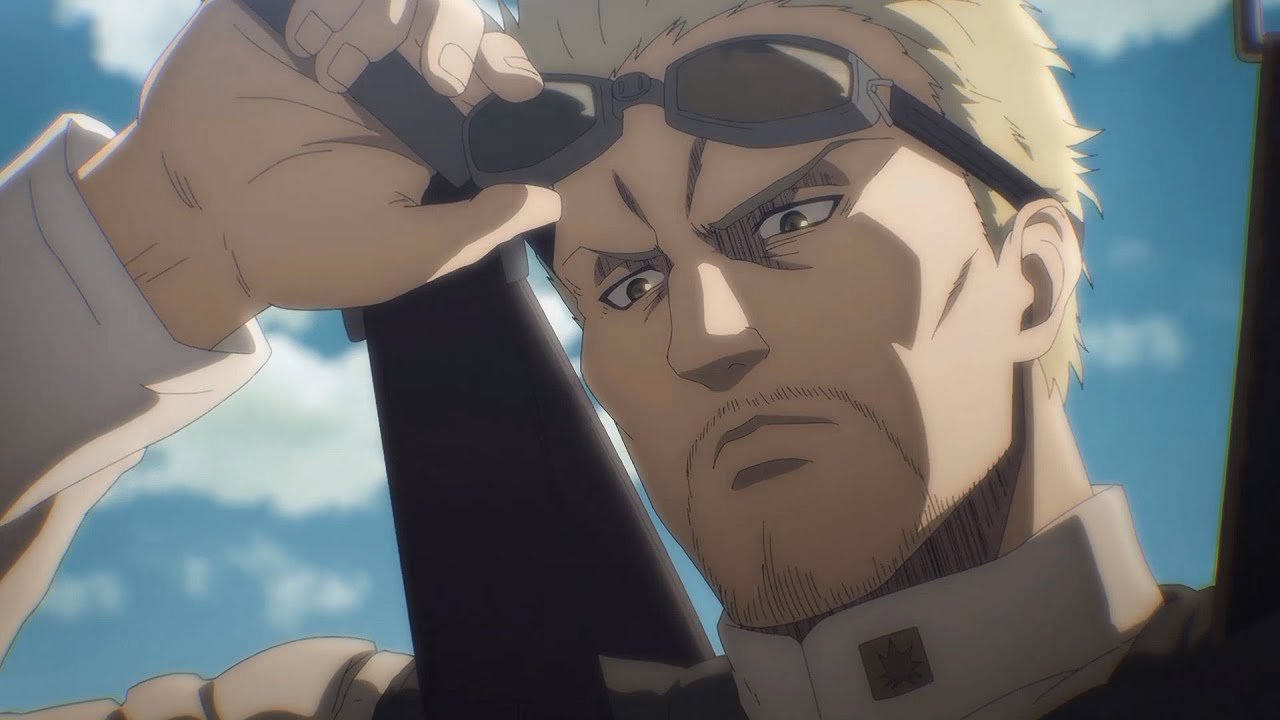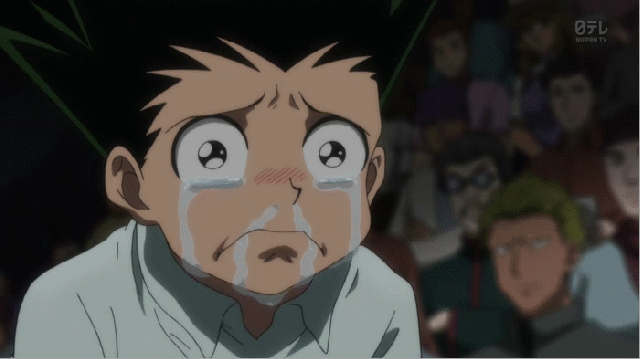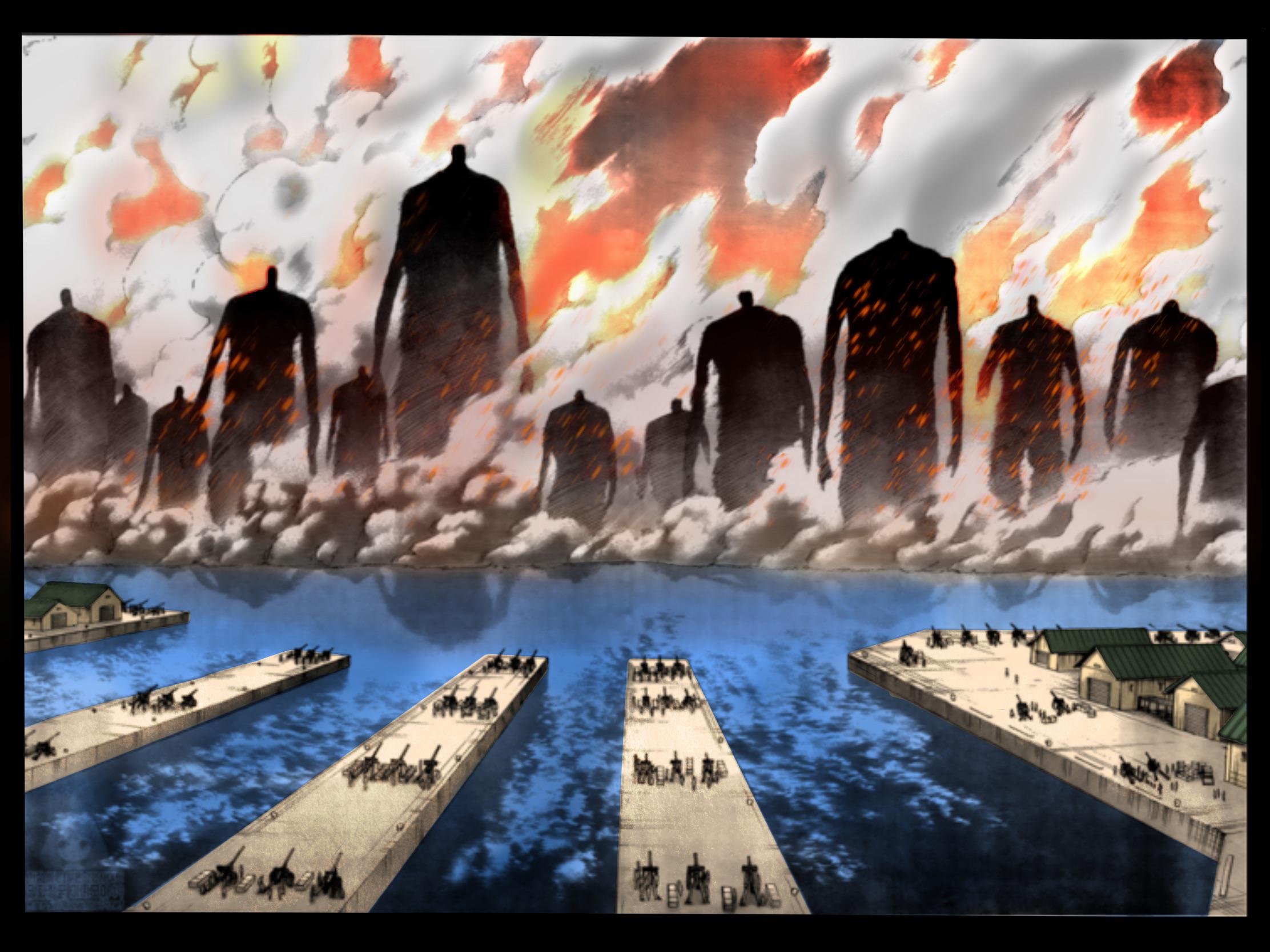Parasyte's Parasites
/Hey geeks, today we’ll be kicking off Enter The Geekdom’s Monster Appreciation Week, where we take some time to highlight some of our all-time favourite fictional monstrosities. In this entry, let’s look at Parasyte: the Maxim’s titular antagonists, the parasites (and no, the ‘y’ in Parasyte is not a typo!) They’re truly compelling creatures that serve the Parasyte series well, being equally cool, unnerving, and outright horrifying to drive a potently suspenseful viewing experience.
So let’s take a closer look at them, and why they’re such effective monsters!
A Parasyte larvae emerging from its egg
Origin and story
On one starry night like any other, strange spore-like cocoons rained down from the sky and landed on Earth, undetected. From these glowing eggs emerged peculiar worm-like creatures—parasites, which immediately sought out the nearest living host they could find, ate and replaced their brains, and took over their bodies for nutrients. Humans are the ultimate goal, but as parasites can’t survive outside their cocoons for more than a few minutes without a host’s blood to sustain them, they can settle for animals (like dogs or cats) in a pinch.
A parasite entering Shinichi’s Right hand after failing to infiltrate his head
Sometimes, in order to survive, a parasite may be forced to eschew their target host’s brain in favor of another body part or organ if their attempt to breach the host’s head fails—and this is exactly what happens in the case of the series’ protagonist, Shinichi, who, after falling asleep with headphones on, manages to catch a parasite that tries to reach his brain through his nose after failing to enter through his ears. After a struggle, Shinichi eventually forces the parasitic worm ‘Migi’ to take root in his right hand, which leads to a relationship similar to the one between Marvel’s Eddie Brock and Venom.
Parasite Behaviour (what makes them terrifying and unnerving!)
‘Migi’ studying information about Earth while connected to Shinichi
As mentioned above, Parasites invade a host’s body and seek to replace their brain. In so doing, they take full control of the host’s body and gain an imprecise amount of their knowledge and memories—at the very least, when taking over a human, a parasite will instantly learn their native language and a foundational understanding of human society. This allows them to blend in with the population while continually feeding. Like humans, parasites themselves have a wide range of personalities—but most of them are highly intelligent and share a similarly pragmatic (unemotional, by human standards,) survival instinct. Using their intellect, they’re able to adapt to human society very quickly and seamlessly reach a point of being almost indistinguishable from regular people—though their ‘blank stare’ and underlying detachment from human emotion can still give them away to those who were very familiar with the parasite’s host before they were taken over. Given enough time, however, many parasites can evolve even beyond that point…
And some even grow to evince greater humanity than humans themselves.
A parasite casting aside its disguise to eat an unsuspecting person
It should also be noted that parasites are cannibals by instinct—in other words, a parasite that takes over a human will seek to eat other humans, and a parasite that takes over a dog will subsist on canines. Truth be told, though, parasites can survive off just about anything and are able to gain nutrients from a diet as diverse as a human’s. Throughout the show, some parasites manage to overcome their cannibalistic urges, either by choice or necessity (like Migi, who, bound to Shinichi’s arm, could not force him to attack and eat other people).
Abilities and Powers (what makes them cool and thrilling!)
an image of a parasite in its assault mode, ready to slash prey to bits
What makes parasites just downright cool are their physical attributes and abilities. At every stage after their nascence, parasites possess extraordinary shapeshifting abilities—they can morph into nearly any shape or size, divide themselves into numerous impermanent clones, harden their flesh into a material even tougher than steel, or soften and stretch like rubber. They can control their host’s body just as competently as their own, and it is in using these incredible abilities that they can easily hunt humans or other animals as Earth’s new apex predators without getting caught.
One moment, a parasite appears as a regular person, and the next, their entire body morphs into a mass of toothed tentacles and steel blades that can hack and slash a fully grown human to bits and devour them in seconds! Like I said—cool AND terrifying.
So, I hope after reading this, you’ve been able to grasp an appreciation for these little monsters who so effortlessly break humanity down into its composite elements, and turn a mirror upon us through their mimicry, violence, and evolution. Maybe you even feel compelled to check out the anime now? I’d highly recommend it! (It would make a fine addition to your ‘nightmare before Christmas’ watch list!)
See you next time, cultured ones, and stay tuned throughout the week for more awesome monster showcases delivered by the rest of the Geekdom’s crew!
Yo, fellow geeks! My name’s Garrett Johnson; I’ve been a geek for pretty much my whole life, playing video games, reading comics, watching anime—and I’ve developed a bit of a passion for critically analyzing it all! So you can trust that my opinions are both informed and reliable.
A bit more about me: I love to write, and my dream is to one day be a best-selling author, writing fantasy comics or books. I also like to sing karaoke, do fun voice impressions (to varying degrees of success), and occasionally come up with some “philosophical” one-liners (example below).
“To make no enemies is to make an enemy of yourself.”



















